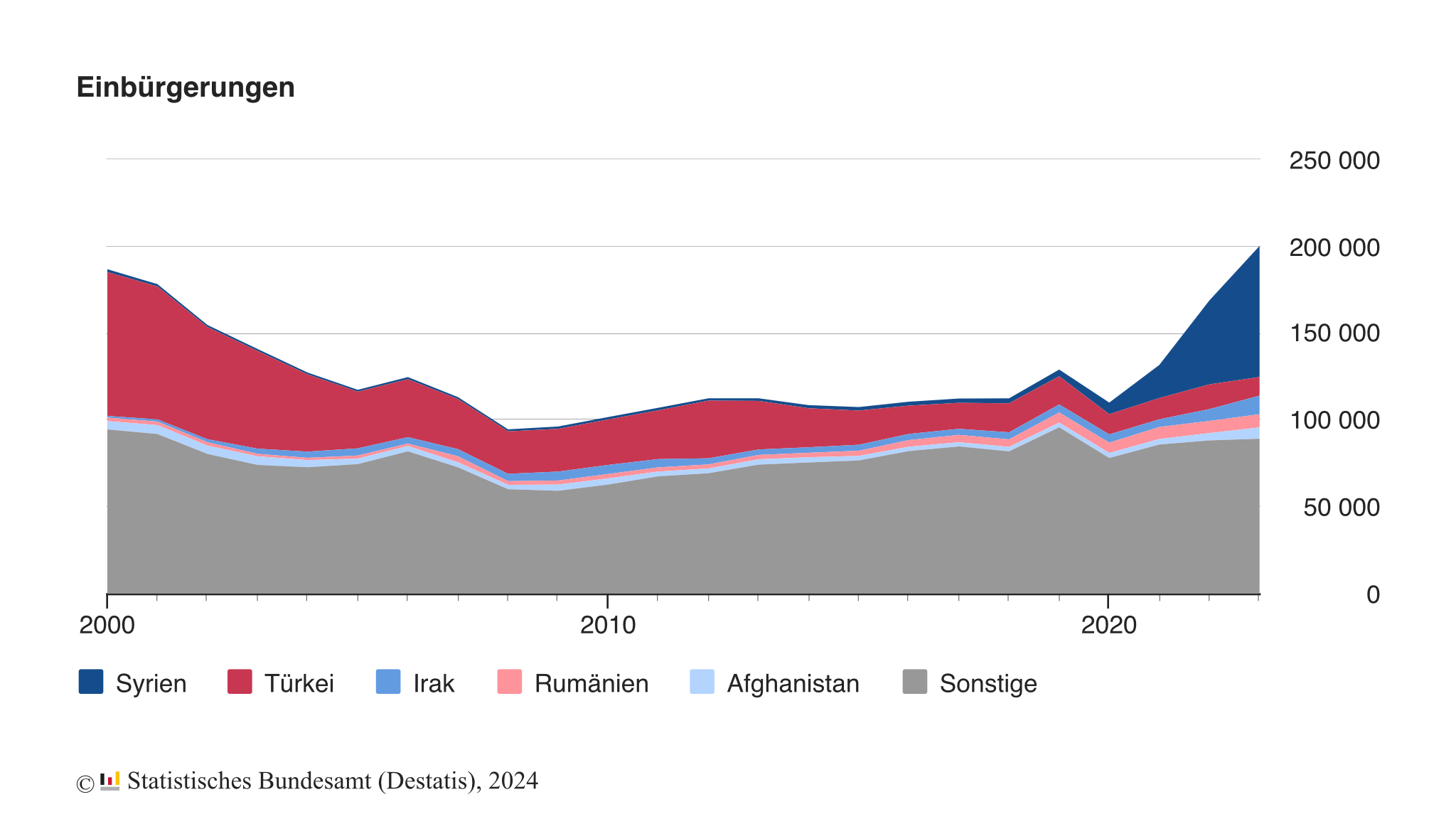
Relocating to Germany is an exciting adventure, but it comes with its fair share of financial surprises. Whether you are planning your move or are already living in Germany, understanding the local financial landscape is crucial. From navigating credit systems to understanding tax obligations, let’s break down the nine most important financial things every expat should know.
1. How Important is Your Schufa Score?
In Germany, your Schufa score is your financial resume. It determines if you can rent an apartment, sign a phone contract, or even join a gym. When you first arrive, you start with a blank slate—no score, no credit history, which can be a disadvantage. To build your Schufa score, open a German bank account and use it for regular transactions like paying rent, utility bills, and receiving your salary. One missed payment can significantly damage your score, and it’s notoriously difficult to fix. So, staying on top of payments is essential.
You are entitled to one free Schufa report per year, and it’s wise to check it regularly to spot any discrepancies early. This proactive approach ensures that you maintain your financial credibility in Germany.
2. Is Cash Really Still King in Germany?
Despite the global shift towards digital payments, cash still reigns supreme in Germany. Many places, including local bakeries and some restaurants, still prefer cash over cards. While contactless payments are becoming more popular, you will often need a Giro card—a local debit card—since many shops don’t accept Visa or Mastercard.
The German government is planning to make electronic payments mandatory for all businesses to curb tax evasion, but for now, carrying a bit of cash is always a good idea. Adapting to this cultural quirk will save you from many awkward moments at the checkout.
3. Do Credit Cards Work Differently in Germany?
Yes, they do. In Germany, most credit cards function more like a deferred debit card. Instead of carrying a balance and making minimum payments, the full amount is deducted from your bank account automatically each month. This system helps prevent debt but can catch newcomers off guard if they’re not paying attention to their balance.
There are real credit cards available with partial payment options, but the limit is often based on your Schufa score. Starting small—sometimes as low as €100—your credit limit grows as you build financial history. Gradually, you can increase this limit with responsible usage.
4. Why Do You Need a German Bank Account?
A German bank account is not optional; it’s mandatory for daily life. Without a German IBAN, you can’t pay rent, receive your salary, or set up utilities. Fortunately, opening a bank account is relatively simple, especially with digital banks like N26, which allows you to register in English and manage everything from your phone.
Digital banks like N26 are designed for expats and newcomers, offering features like mobile banking, savings options, and even a digital SIM card integrated into the app.
5. Are Your Taxes Really Done After Payroll?
Not quite. While taxes are deducted automatically from your paycheck, it doesn’t mean you’re done. If you’ve moved mid-year, paid for relocation, supported family abroad, or had other unique expenses, you might be eligible for a tax refund. Filing a tax return can be straightforward with apps like Taxfix or Wundertax, which guide you in English.
Understanding your tax class is also crucial. Germany has six tax classes, and choosing the right one can save you hundreds of euros each month. For example, married couples can switch classes to optimize their take-home pay.
6. Do You Really Have to Pay the TV Tax?
Yes, you do. Known as the Rundfunkbeitrag, every household in Germany is required to pay a monthly TV and radio tax of around €18. It doesn’t matter if you don’t own a TV or radio; the fee is mandatory. Ignoring it leads to stern letters and potentially debt collectors, so it’s best to register and pay promptly.
If you live with roommates, only one person needs to register, and the cost can be shared among flatmates. Planning ahead avoids unnecessary headaches.
7. What About the Pension System?
Germany’s pension system is robust if you plan to stay long-term. If you work for five years or more, you become eligible for pension benefits. If you decide to leave Germany, you might be able to withdraw your contributions, depending on agreements between Germany and your home country. Understanding these agreements can help you make smarter decisions about your future.
8. Is Investing in Germany Different?
While day trading is not as common, long-term investing through ETFs, investment funds, or robo-advisors is popular. Platforms like Trade Republic and Scalable Capital make it easy for expats to start investing. Keep in mind that capital gains and dividends are taxed, but many platforms handle this automatically if set up correctly.
9. Are You Ready to Thrive Financially in Germany?
Understanding these nine financial essentials can make your life in Germany smoother and more rewarding. From securing your Schufa score to mastering the tax system, taking control of your finances is empowering.
Want to learn more about navigating life in Germany? ETAINFI is here to guide you through every step of the way, from finances to lifestyle tips. Reach out with your questions and start thriving in Germany today!


